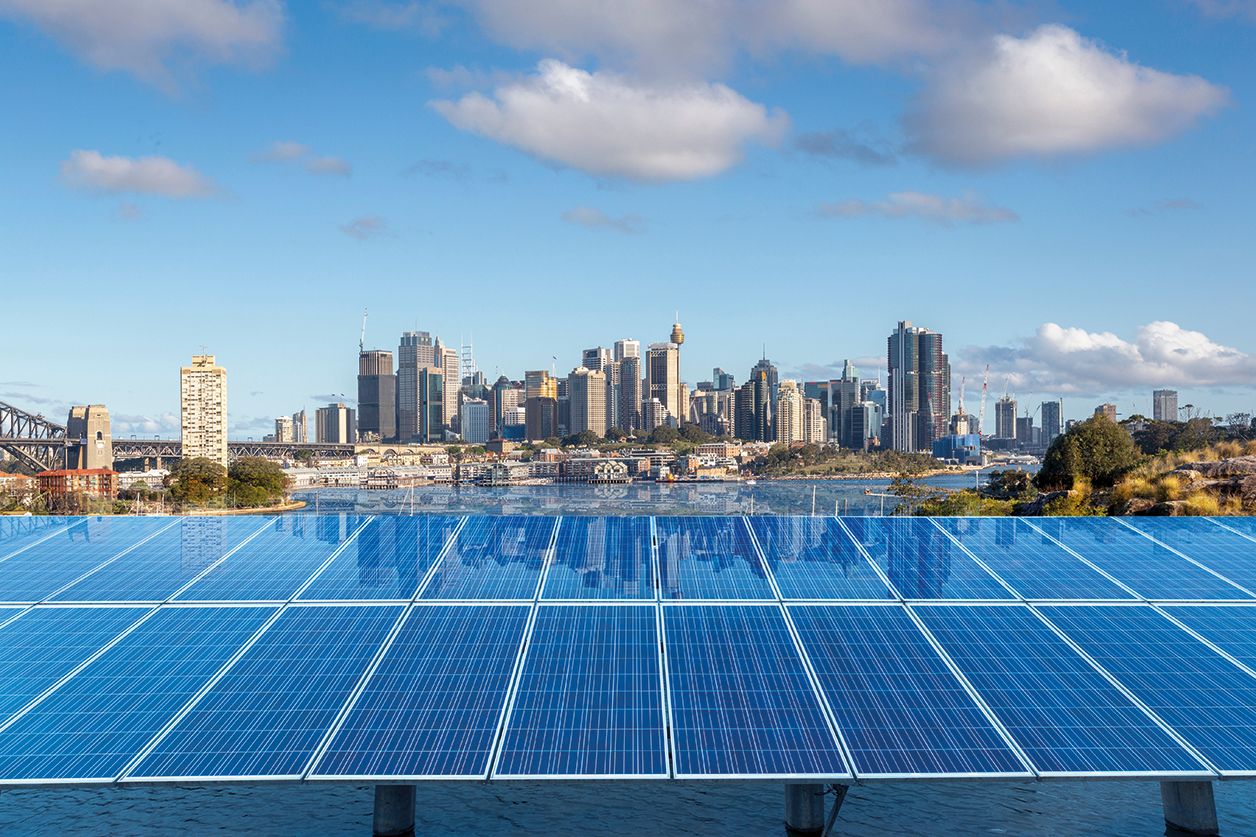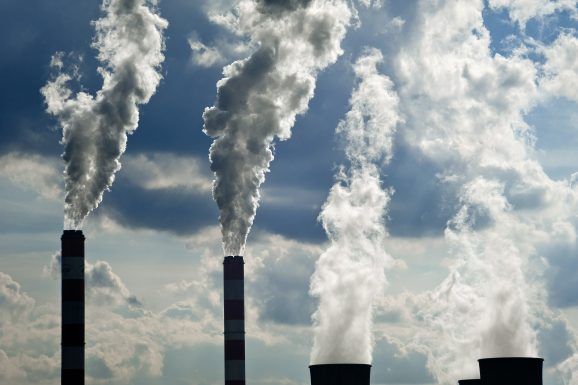Australia needs coal and gas to back up renewables

John E. Kaye
- Published
- Home, News, Sustainability

Australia’s Energy Security Board has proposed paying coal- and gas-fired generators for buffer supply on the grid, but offering longer-term contracts for new back-up capacity, such as batteries, to smooth the transition to cleaner energy. The country’s new Labor government, which faced soaring power prices and blackout risks in its first month in office, has urged regulators to develop the “capacity mechanism” as fast as possible to encourage development of renewable energy and energy storage to fill the gap as coal-fired plants are retired.

The board is seeking comments on its latest plan for a capacity mechanism designed to encourage investment in energy storage, but also paying coal- and gas-fired generators based on an auction system. Its first proposal last December sparked opposition from groups and some state governments that do not want coal-fired plants rewarded for having capacity available, but the Energy Security Board said all forms of back-up will be needed.
Coal-fired power makes up about 65% of generation and gas 7%, with the rest coming from renewables. “Participation of both new and existing capacity could allow better coordination of entry and exit decisions at lower overall cost,” the Energy Security Board said in its latest proposal. It said it would consider longer duration contracts for new capacity only, while existing capacity providers, such as coal plants, would be eligible only for one-year contracts, allowing for different capacity prices for old and new sources.

The aim of the mechanism is to help make revenue more predictable for non-wind and solar power providers – key to securing financing for new projects – as the wholesale electricity market has become highly volatile. Prices dip below zero in the middle of the day when wind and solar power is high, while prices have recently skyrocketed to the market cap of A$15,000 ($10,400) per megawatt hour (MWh) when wind and solar power were low and 25% of the market’s coal-fired capacity was offline due to planned and unplanned outages.
RECENT ARTICLES
-
 WPSL targets £16m-plus in global sponsorship drive with five-year SGI partnership
WPSL targets £16m-plus in global sponsorship drive with five-year SGI partnership -
 Dubai office values reportedly double to AED 13.1bn amid supply shortfall
Dubai office values reportedly double to AED 13.1bn amid supply shortfall -
 €60m Lisbon golf-resort scheme tests depth of Portugal’s upper-tier housing demand
€60m Lisbon golf-resort scheme tests depth of Portugal’s upper-tier housing demand -
 2026 Winter Olympics close in Verona as Norway dominates medal table
2026 Winter Olympics close in Verona as Norway dominates medal table -
 Europe’s leading defence powers launch joint drone and autonomous systems programme
Europe’s leading defence powers launch joint drone and autonomous systems programme -
 Euro-zone business activity accelerates as manufacturing returns to expansion
Euro-zone business activity accelerates as manufacturing returns to expansion -
 Deepfake celebrity ads drive new wave of investment scams
Deepfake celebrity ads drive new wave of investment scams -
 WATCH: Red Bull pilot lands plane on moving freight train in aviation first
WATCH: Red Bull pilot lands plane on moving freight train in aviation first -
 Europe eyes Australia-style social media crackdown for children
Europe eyes Australia-style social media crackdown for children -
 These European hotels have just been named Five-Star in Forbes Travel Guide’s 2026 awards
These European hotels have just been named Five-Star in Forbes Travel Guide’s 2026 awards -
 McDonald’s Valentine’s ‘McNugget Caviar’ giveaway sells out within minutes
McDonald’s Valentine’s ‘McNugget Caviar’ giveaway sells out within minutes -
 Europe opens NanoIC pilot line to design the computer chips of the 2030s
Europe opens NanoIC pilot line to design the computer chips of the 2030s -
 Zanzibar’s tourism boom ‘exposes new investment opportunities beyond hotels’
Zanzibar’s tourism boom ‘exposes new investment opportunities beyond hotels’ -
 Gen Z set to make up 34% of global workforce by 2034, new report says
Gen Z set to make up 34% of global workforce by 2034, new report says -
 The ideas and discoveries reshaping our future: Science Matters Volume 3, out now
The ideas and discoveries reshaping our future: Science Matters Volume 3, out now -
 Lasers finally unlock mystery of Charles Darwin’s specimen jars
Lasers finally unlock mystery of Charles Darwin’s specimen jars -
 Strong ESG records help firms take R&D global, study finds
Strong ESG records help firms take R&D global, study finds -
 European Commission issues new cancer prevention guidance as EU records 2.7m cases in a year
European Commission issues new cancer prevention guidance as EU records 2.7m cases in a year -
 Artemis II set to carry astronauts around the Moon for first time in 50 years
Artemis II set to carry astronauts around the Moon for first time in 50 years -
 Meet the AI-powered robot that can sort, load and run your laundry on its own
Meet the AI-powered robot that can sort, load and run your laundry on its own -
 Wingsuit skydivers blast through world’s tallest hotel at 124mph in Dubai stunt
Wingsuit skydivers blast through world’s tallest hotel at 124mph in Dubai stunt -
 Centrum Air to launch first European route with Tashkent–Frankfurt flights
Centrum Air to launch first European route with Tashkent–Frankfurt flights -
 UK organisations still falling short on GDPR compliance, benchmark report finds
UK organisations still falling short on GDPR compliance, benchmark report finds -
 Stanley Johnson appears on Ugandan national television during visit highlighting wildlife and conservation ties
Stanley Johnson appears on Ugandan national television during visit highlighting wildlife and conservation ties -
 Anniversary marks first civilian voyage to Antarctica 60 years ago
Anniversary marks first civilian voyage to Antarctica 60 years ago



























